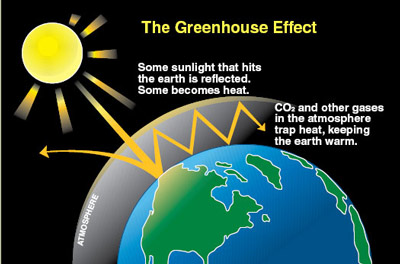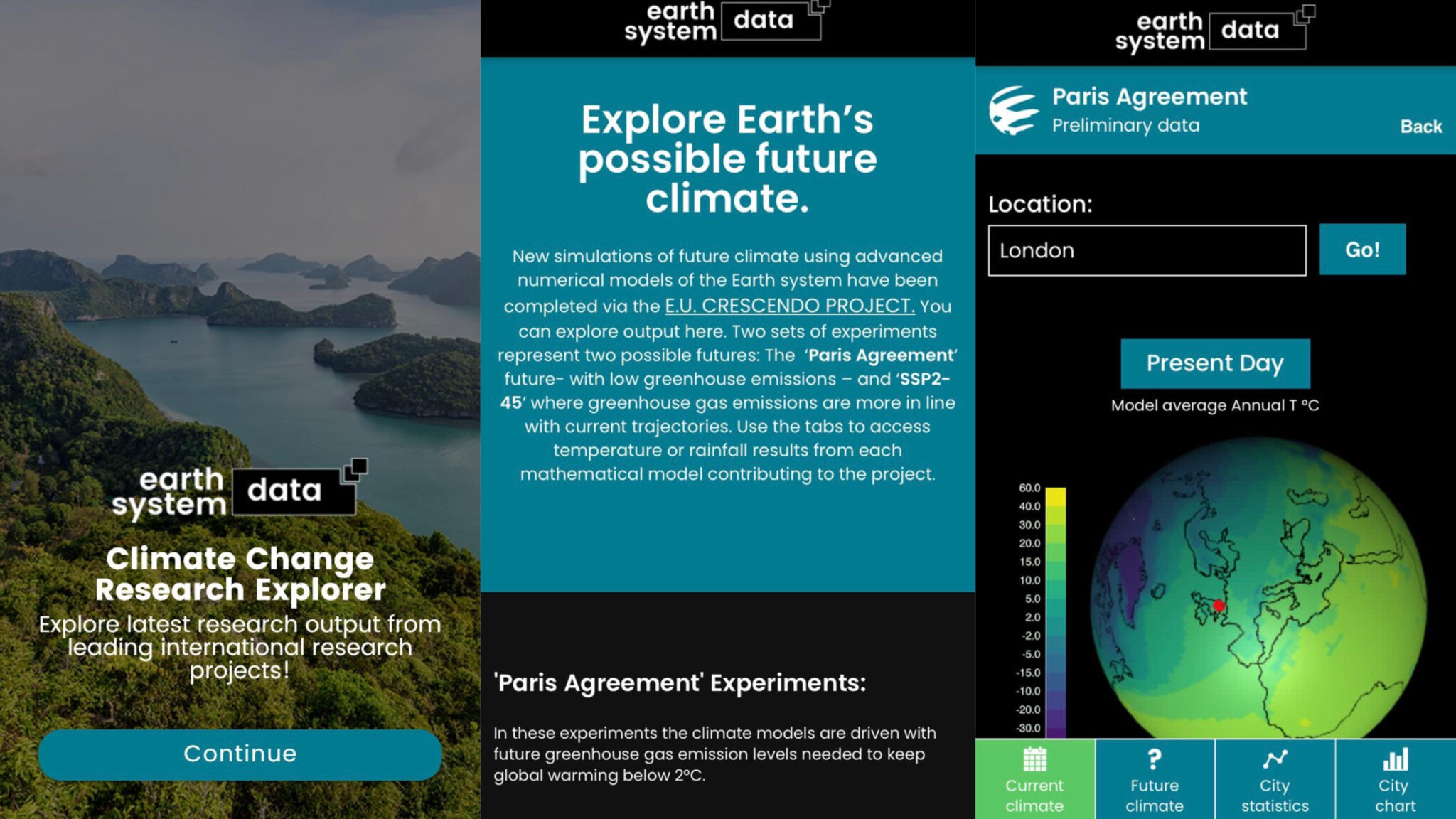• A Greenland Sled Dog Champion Fears
For His Culture As Climate Change Melts the Ice The Rising Temperatures in Ilulissat are Causing the Permafrost to Melt, Buildings to Sink and Pipes to CrackFeb. 16, 2026 -For more than a thousand years, dogs have pulled sleds across the Arctic for Inuit seal hunters and fishermen. But this winter, in the town of Ilulissat, around 300km (186 miles) north of the Arctic Circle, that’s not possible. Instead of gliding over snow and ice, Kristensen’s sled bounces over earth and rock. Gesturing to the hills, he said it’s the first time he can remember when there has been no snow — or ice in the bay — in January. |
|
|
|---|
This, According to the UN |
• The Alps Are Melting But the Villagers Will Not Be Moved |
Building Climate Resilience in Cities:
lessons From New York Jan. 22, 2022,-We live in an urbanizing world. Up to two-thirds of the its population – some six billion people – may live in cities by 2050. Cities have emerged as first responders to climate change because they experience the impacts of natural disasters firsthand and because they produce up to 70 percent of greenhouse gas emissions. Fight Climate Change Explaining Extreme Events Self-Destructive Plastic Make Your Own Glacier Our Carbon Footprint on American Birds |
|---|
|
|
|||
|---|---|---|---|
| |
Using the Calculator |
|---|












